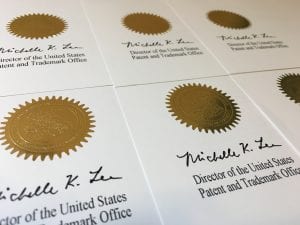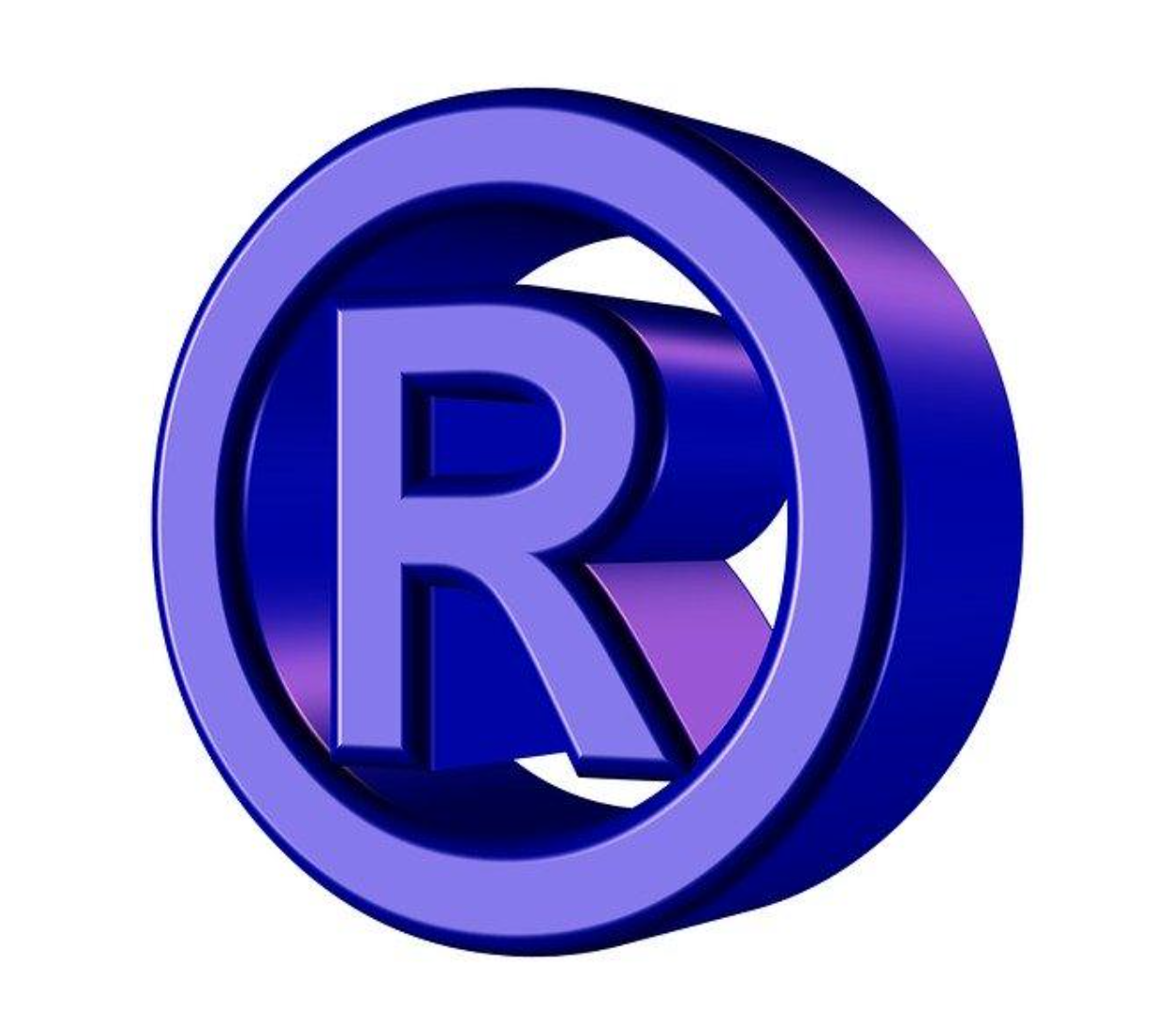Businesses should establish a plan of action for when infringement does occur. It’s a good idea to know beforehand what kind of outside help to seek, such as IP attorneys, expert witnesses, and consultants.
When personal computers became mainstream, we entered a new world in terms of Intellectual Property (IP) rights: trademarks began protecting purely digital creations (such as software), and numerous types of products could be unlawfully copied, including music, and movies.
IP rights entered yet another new world as internet use grew. Music, for instance, could be openly shared on platforms such as Napster (or more discreetly via peer-to-peer file sharing). E-commerce similarly flourished after people learned that credit cards were safe to use on the internet; a surge in sales of knock-off products and unlicensed content followed suit. E-commerce has since transitioned to the smartphone and social media; consequently, IP legal issues keep multiplying.
Today, companies are forced to protect IP rights for both tangible and intangible products, find ways to exercise those rights in digital marketplaces and other online environments, and guard their brands and trademarks, including logos and marketing. They must also build programs to monitor the digital world and stop infringements.
Case Examples
The complexity involved has been illustrated by several high-profile IP infringement cases. In one, a third-party seller on Amazon was offering products from the brand Davidoff, a Swiss maker of cigars and other tobacco products. A Davidoff licensee company sued, contending that Amazon and the vendor were using their protected trademark without authorization and should both be held liable for libel.
In April 2020, the Court of Justice of the European Union found that, as an intermediary, Amazon did not commit infringement by stocking the vendor’s products on its e-commerce platform.
In another major case, the software giant Oracle sued Google for using lines of its Java programming language in Google’s new Android mobile operating system. Oracle sought $9 billion in compensation. The case attracted extra interest in the IT (information technology) community because much of the Java language was made free and open-source by Sun Microsystems, the company that developed it. When Oracle acquired Sun in 2010, it promised to be a transparent steward of the Java open-source community but later sued Google.
The Oracle-Google dispute stretched out over a decade before the United States Supreme Court ruled that Google could legally use the software snippets, a decision that established significant precedent in the technology sector.
The Rise of Digital Creation
Another challenge comes from the sheer number of new creators the digital age has fostered. Nowadays, a company’s employees, other than those in the public relations and advertising departments, might create IP. Individuals around the world are likewise creating IP, with different types of content ranging from art to music to Zoomer video clips (all of which are prone to infringement). For companies, proactive strategies are needed just to protect IP rights.
Reputational Damage
Companies and individuals face legal risks when joining this creation boom. When people within organizations develop blog posts, videos, and other content, they can unknowingly expose companies to accidental infringement. In today’s age of connectivity, people mistakenly believe that anything that can be accessed can be reused, especially because it is usually freely available on social media.
Even small, unintentional infringement can put a dent in a company’s otherwise pristine reputation.
Far worse, of course, are larger instances of IP infringement, especially when it occurs intentionally. Such cases are often of particular interest to the media, who are eager to sell stories of conflict to the public.
What’s more, a victory is not always a victory. Take Apple’s 2016 case against Samsung: Apple alleged that Samsung had copied its smartphone patents. After seven years, a jury finally found in favor of Apple; the two companies reached a settlement shortly thereafter.
Apple won the court case, but not the smartphone battle. Analysts say that the settlement did not give Apple the competitive advantage it sought. Moreover, the media exposure during the case helped make Samsung more widely known as a smartphone maker at a time when many people were seeking alternatives to Apple’s dominant iPhone.
Protecting IP Rights

Companies should not only set up proactive programs to protect IP rights but also periodically evaluate the programs’ effectiveness and whether they can be improved. Several measures can help protect IP rights:
• Identification: Companies can begin by identifying and listing the IP they need to protect. Checking with each department to see what IP to include on this list can be helpful, given the variety of content produced. For instance, the marketing department might be developing alternative logos or packaging, advertising could be posting videos, and human resources might be posting online training programs.
• Monitoring: Staff should be assigned to spend time monitoring social media and other digital channels for instances of infringement. These staff members should be trained to recognize the different types of infringement that can occur. For instance, an infringing use of a logo doesn’t have to be an exact copy or the exact same color; even stylistic similarities can infringe on IP rights.
• Crisis planning: Businesses should establish a plan of action for when infringement does occur. It’s a good idea to know beforehand what kind of outside help to seek, such as IP attorneys, expert witnesses, and consultants.
Reputation Management
When an employee is involved in intellectual property infringement, their company must be ready to act. Today’s PR professionals are trained in crisis management and mitigation, as well as in reputation management. It’s worthwhile to provide staff with IP rights training, stressing the importance of erring on the side of not infringing on others’ protected content.
For many firms, the best answer to an IP-related problem is consulting with or hiring an outside digital reputation management company, such as Blue Ocean Global Technology, both for ongoing reputation management and to have experts on hand when crises arise.
Blue Ocean Global Technology specializes in providing comprehensive digital reputation management solutions to businesses, leveraging their expertise and advanced strategies to protect and enhance their clients’ online reputation in today’s highly connected world.


Join the conversation!